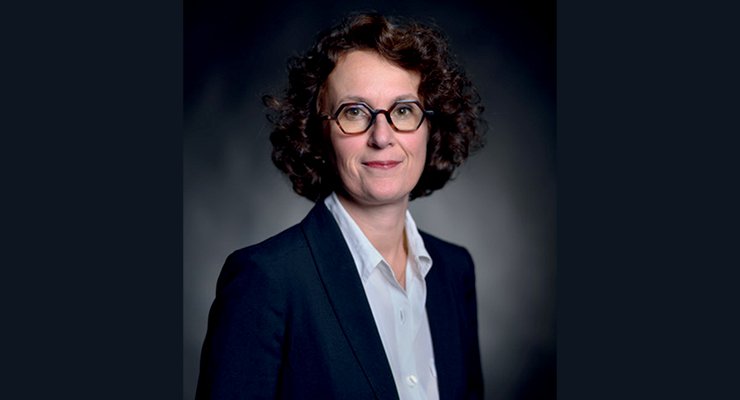Specialty – Pharmaceutical and Cosmetic Processes (PPC)
This training includes a work-study year.
The Pharmaceutical and Cosmetic Processes (PPC) programme focuses on the industrialization of pharmaceutical, cosmetic and nutraceutical processes. Developed in collaboration with the Institut du Médicament de Tours, this program includes a year's sandwich work-study combination with a pharmaceutical or cosmetics company.
Programme
The aim of this program is to train general engineers capable of translating the specifications of a formulated product into process specifications and dimensioning the unit operations required for large-scale production of the product while respecting the environment. Engineers trained in this way will be able to rapidly apply their knowledge and know-how in the pharmaceutical and cosmetics sectors. They will be able to :
- Design and optimize multiphase processes (powders, suspensions, emulsions, foams, gels, etc.).
- Implement an industrial transposition methodology (from laboratory to pilot to industrial scale).
- Acquire in-depth knowledge of the pharmaceutical and cosmetics industries (regulatory framework, safety, statistical validation tools, etc.).
As part of the PPC program, students will cover the following curriculum:
- Hydrodynamics of dispersed systems
- Colloidal systems engineering
- Agro-industrial operations
- Regulatory framework for the pharmaceutical industry
- Pharmaceutical and cosmetics process design
- Unit operations for pharmaceutical and cosmetic processes
- Industrialization of pharmaceutical and cosmetics processes
Academic staff
The training is provided by a teaching team bringing together teacher-researchers, industrial speakers and external experts, in order to guarantee quality training adapted to the needs of companies and the challenges of society.
Equipment
Students have experimental and digital platforms. Pilot installations allow students to put into practice the fundamental notions of process engineering (separation processes, heat exchangers, reactors, fluid mechanics, etc.). Students also have access to different digital tools for process simulation and optimization.
Professional openings
Numerous national and international industrial partnerships have been developed with numerous companies linked to process engineering, notably: Alstom, Avril, Bonduelle, Engie, EDF, Framatome, Nestlé, Orano, Sanofi, Suez, Technip, Tereos, Total, Veolia, etc.
International
During their training, engineering students must demonstrate their ability to evolve in an international context. To do this, they have the possibility of following one or more semesters of study and/or internship abroad (around forty destinations around the world: Argentina, Brazil, Canada, Chile, China, Colombia, South Korea , Spain, United States, Finland, Italy, Japan, Portugal, United Kingdom, Sweden, Taiwan, etc.).
A double engineering degree can be prepared with different establishments: universities of Braunschweig (Germany), Cranfield (UK), Itajuba (Brazil), Escuela colombiana de ingeniería (Colombia), Universidad del Sur (Argentina), Polytechnique Montréal (Quebec), École de Technologie Supérieure de Montréal (Quebec), etc.



